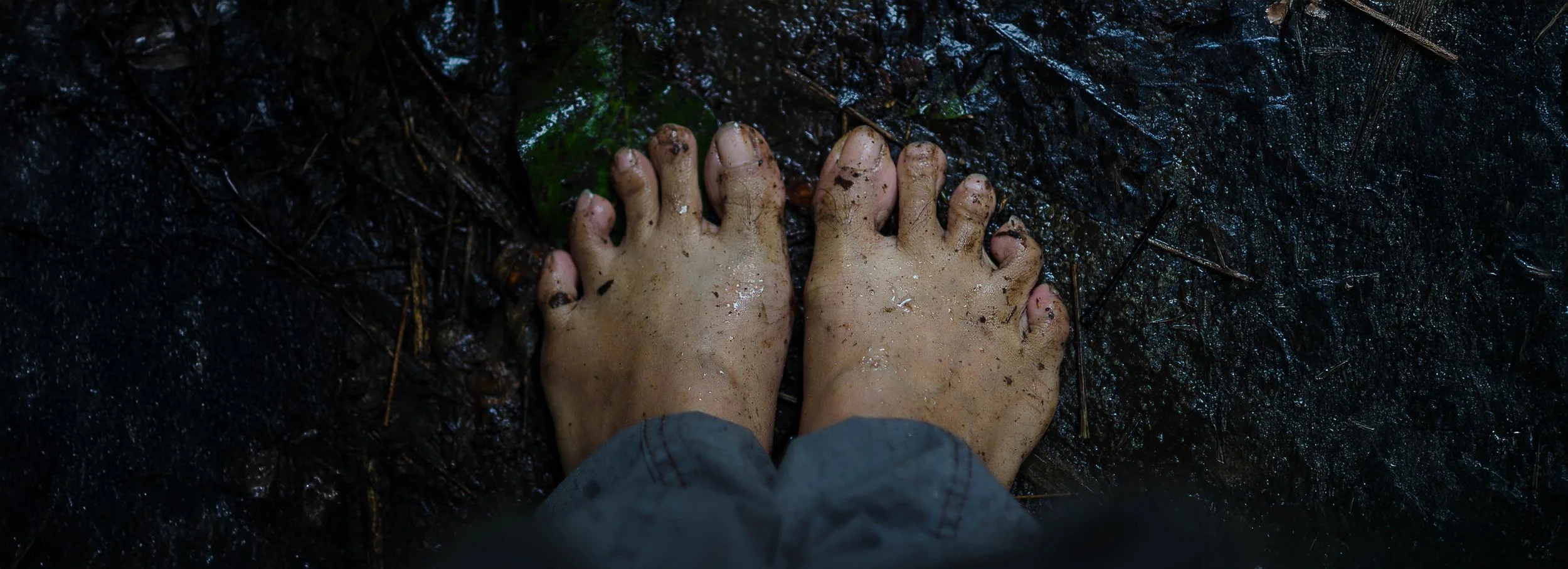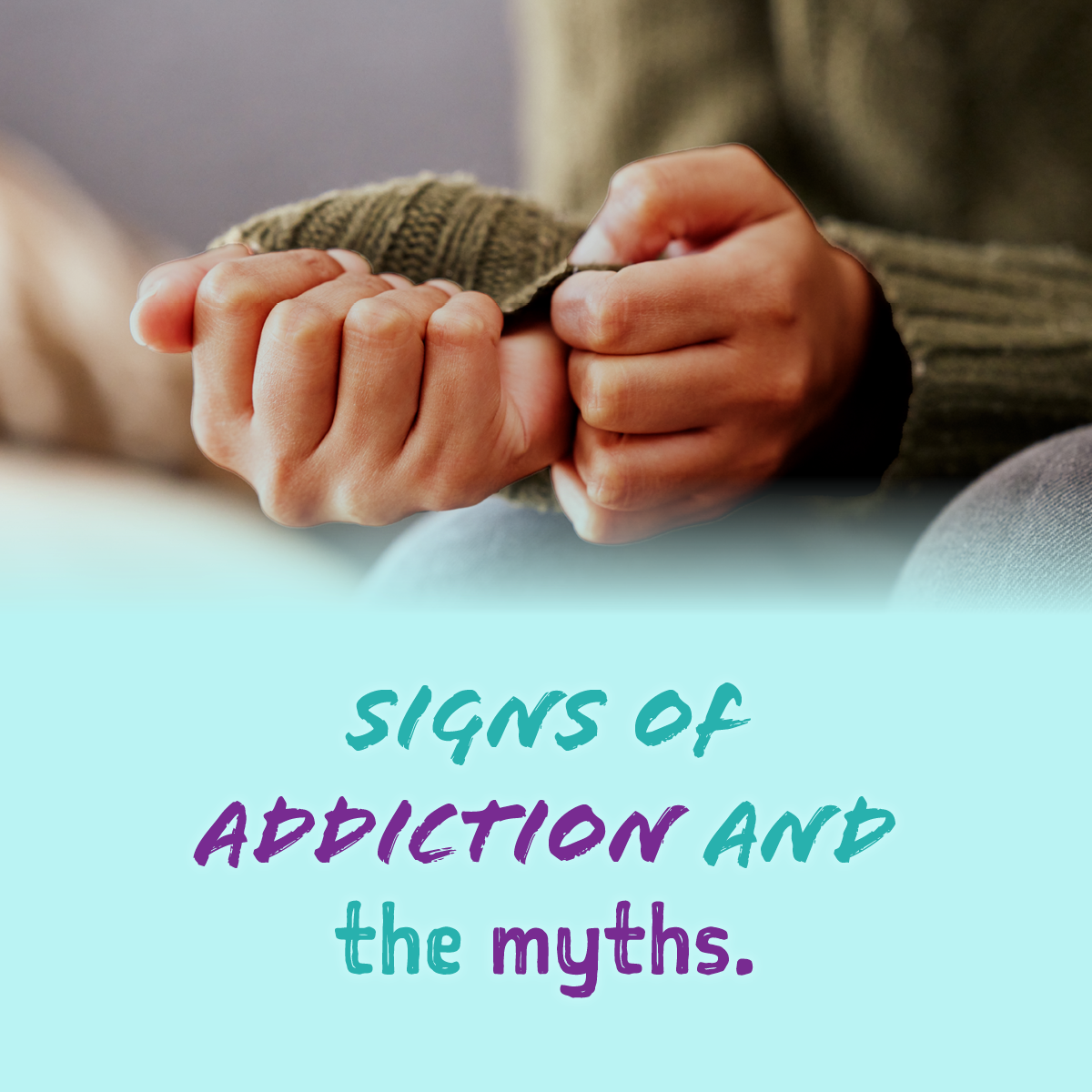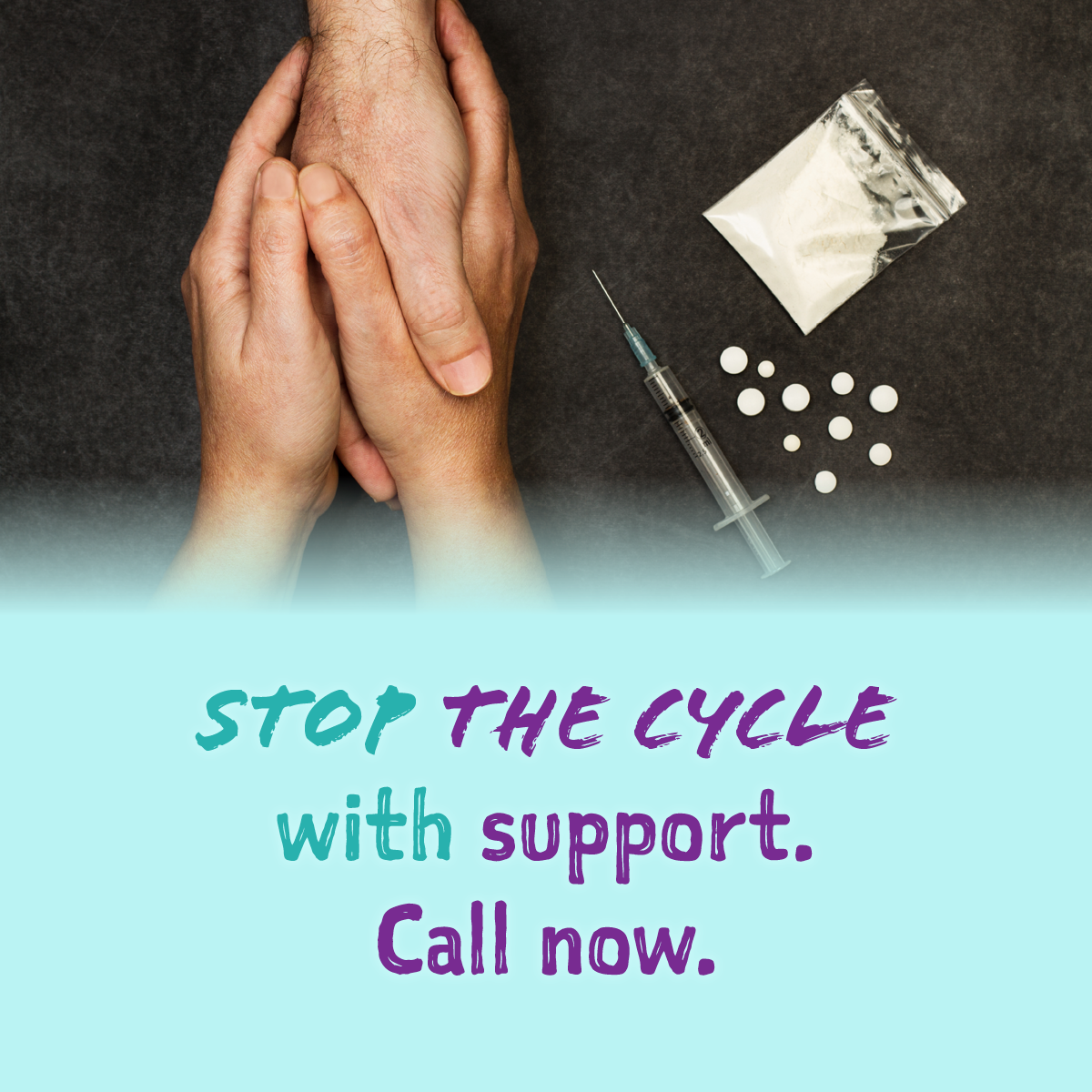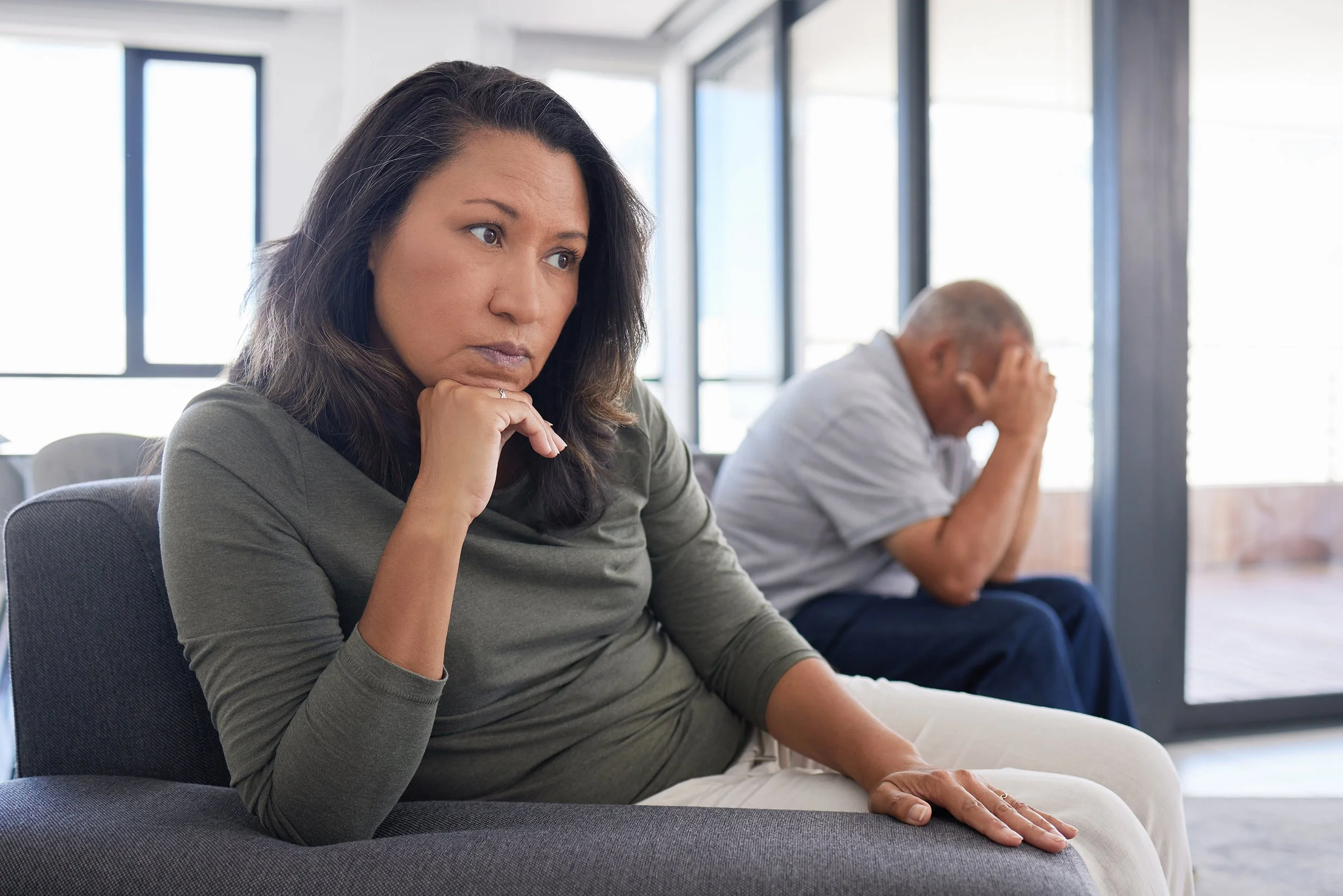
Addictions.
Treatment.
Recovery.
-

It may not be easy to recognize
Learn more about the common signs of addiction, the myths and the realities.
-

From Denial to Sustaining Sobriety
Addiction recovery is not a one-time event, but a journey that unfolds in stages.
-

You are not alone!
One call, one conversation, one step at a time.
Understanding addiction.
Addiction can take many forms and affect people in different ways. It may involve substances like alcohol or drugs, or behaviours such as gambling or video gaming.
Addiction is a chronic disease of the brain systems that control reward, memory, and motivation.
Genetics can account for 40-60% of a person’s likelihood of forming an addiction.
When a person experiences trauma early in life, it can change how their brain develops and how they connect with others. These changes can make it harder to form healthy relationships and may lead a person to find ways to cope with their pain, such as through substance use.
Addiction & Indigenous Experiences
The effects of trauma can place barriers in the path of a person’s life, influencing how they relate to partners, family, and their community. When this pain is carried forward and felt by children and grandchildren, it is known as intergenerational trauma.
For First Nations peoples, intergenerational trauma is connected to the ongoing impacts of colonialism, which includes residential schools, racism and targeted violence, loss of language and culture, and disconnection from land, community, and identity.
Substance use can become a way to numb this pain. What starts as a means of coping with mental health can lead to addiction.
Residential schools caused deep harm to Indigenous families and communities by forcibly removing children from their homes. Parents and communities suffered the trauma of children being taken from them. The children were cut off from their languages, cultures, and the love and guidance of their families. Many suffered physical, emotional, and sexual abuse, and countless never made it home.
The impacts of these experiences are deeply rooted. The trauma endured by those children has affected generations. Shaping community health, relationships, and well-being. The Truth and Reconciliation Commission has shown that substance use within Indigenous communities can often be traced to the pain and disconnection caused by these colonial systems. Healing from this legacy means addressing individual experiences and the collective grief and intergenerational trauma carried by entire communities.
Addiction can fundamentally change a person, impacting how they feel, act, and think. Those who do not get help for their addictions can end up isolating themselves from their loved ones.
Since time immemorial, First Nations cultures have found strength in gatherings and a strong sense of community connection. The impact of isolation due to addiction has compounded the trauma experienced by the community, as it adds to the disconnection from their culture.
Looking for support?
Wellness Mobile Outreach Team
Monday - Friday 8:30am - 4:30pm
Local to the Wood Buffalo region and part of the Athabasca Tribal Council. Team members support those in crisis or any ATC member looking to start a recovery journey.
Walk the healing path together.
Indigenous Support Line
Monday - Friday 10:00am - 6:00pm
Calls are answered by Indigenous listeners in Alberta, who provide immediate support for addiction and mental health concerns and referrals.
Hope for Wellness Helpline
Experienced and culturally competent counsellors for Indigenous people.
Addiction helpline
24/7 support
For Albertans experiencing addiction (including gambling).
Mental health helpline
24/7 support
For Albertans experiencing mental health concerns.
ATC First Nation communities are in crisis.
The Athabasca Tribal Council called a Regional State of Emergency on September 7, 2023.
For over 10 years, ATC communities have been working to recover from one disaster or crisis, just as another hits us. The wildfire in Fort Chipewyan in 2023, the fires in 2011 and 2016, and the floods in 2013 and 2020. COVID-19.
These events are compounded by the ongoing and largely unaddressed impacts of intergenerational trauma that First Nations people live with every single day.

